
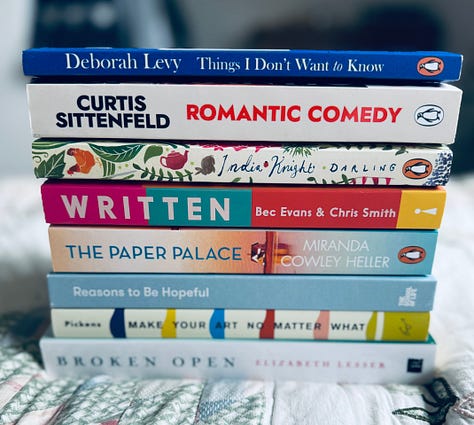
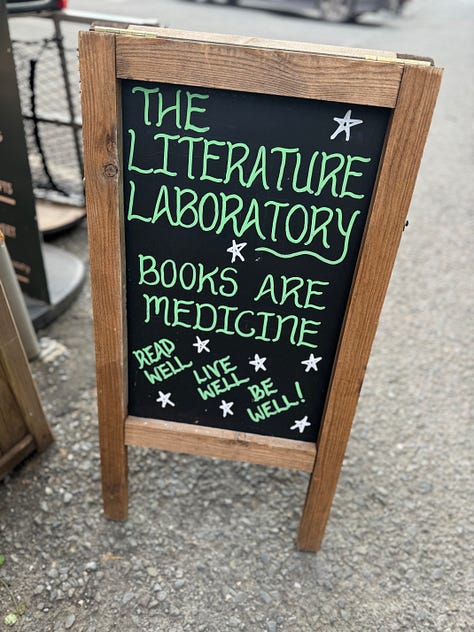


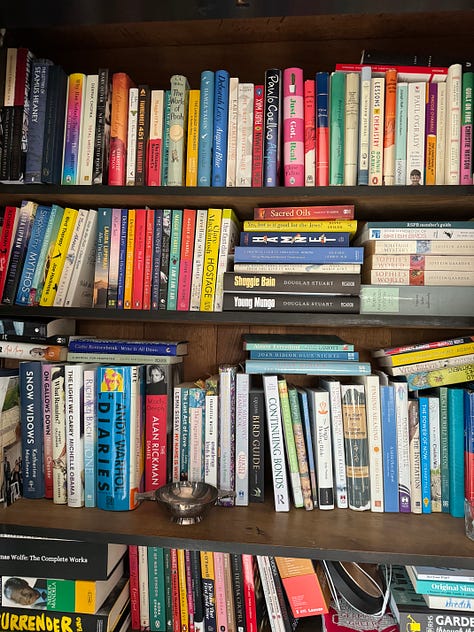
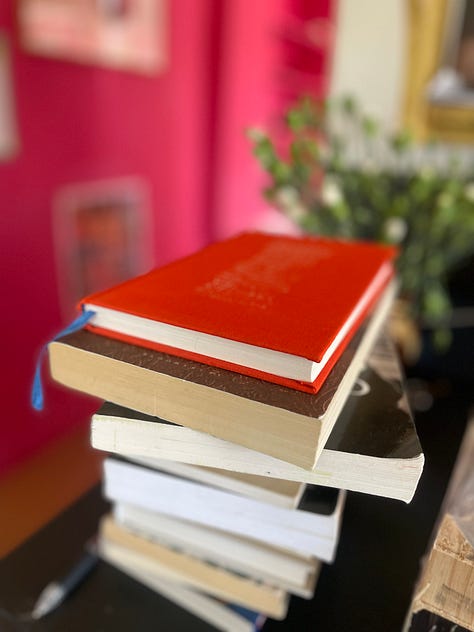
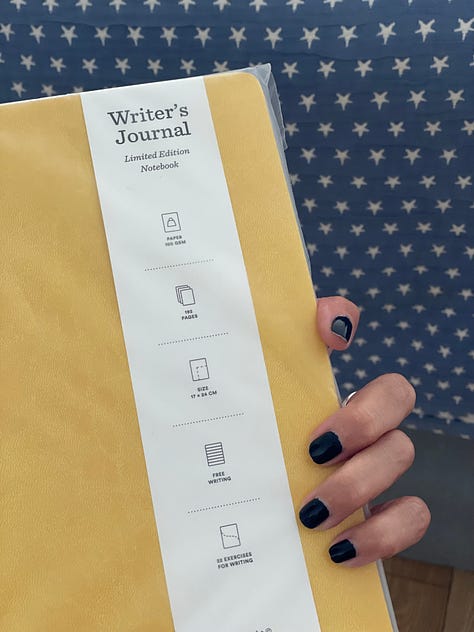
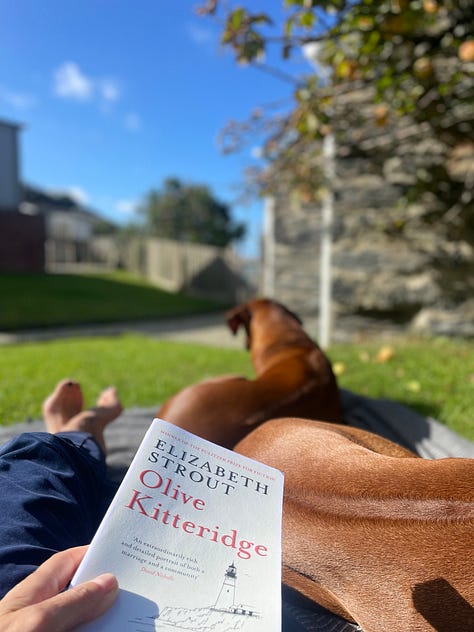
If you enjoy ‘with ease’ and would like to support my work, be offered first refusal my writing & wellbeing retreats with best selling authors, receive discounts towards my therapeutic journaling workshops, please consider becoming a paid subscriber. Thank you so much
Dear Friend
How are you feeling on this rather autumnal Friday? Here in the UK the clocks fall back this weekend, which is blessing for me, as the mornings have been so dark when I’ve been out walking the Ridgebacks.
I’m in a very upbeat mood, as I’m excited to share some GOOD NEWS with you today, I’m launching a new podcast called ‘The Bibliotherapists’ with lovely Toni Jones founder of
- but more on that news lower down in this newsletter.What I’d also like to share with you today, is that I’m going to be hosting a variety of new workshops called ‘Read with Ease’. It’s part of my new ‘bibliotherapy workshop series’. It all came about after Toni and I were interviewing guests for our podcast. But that I’d also had conv…




